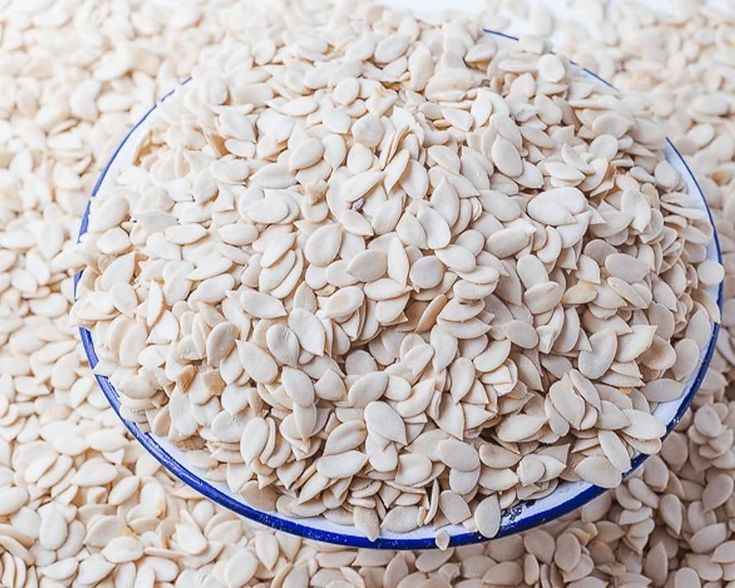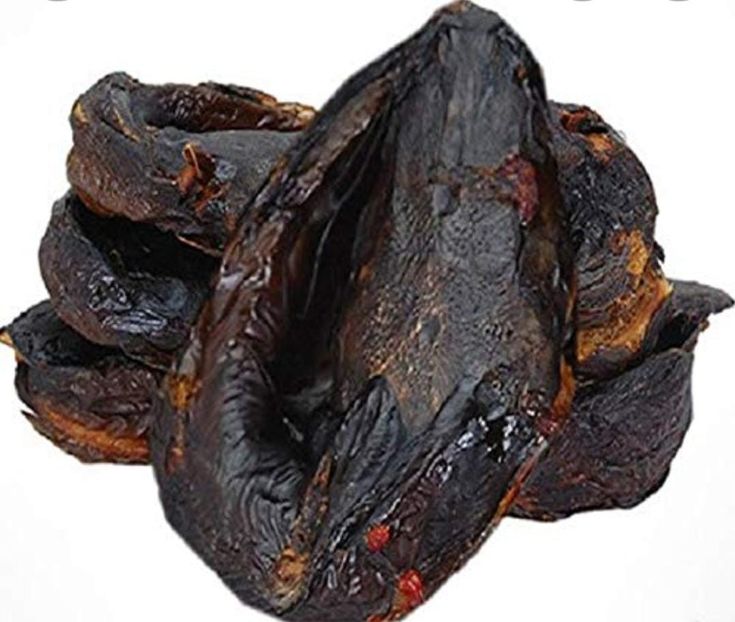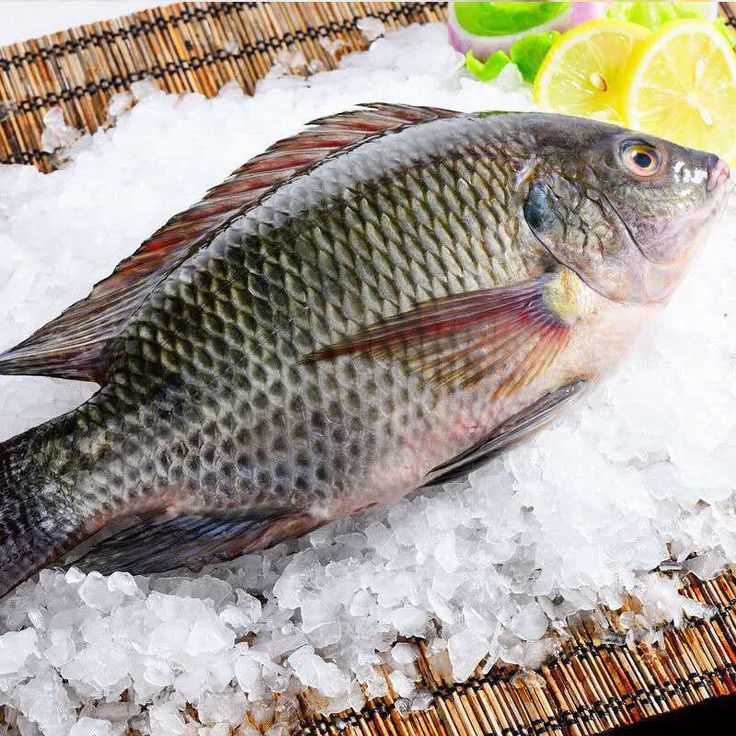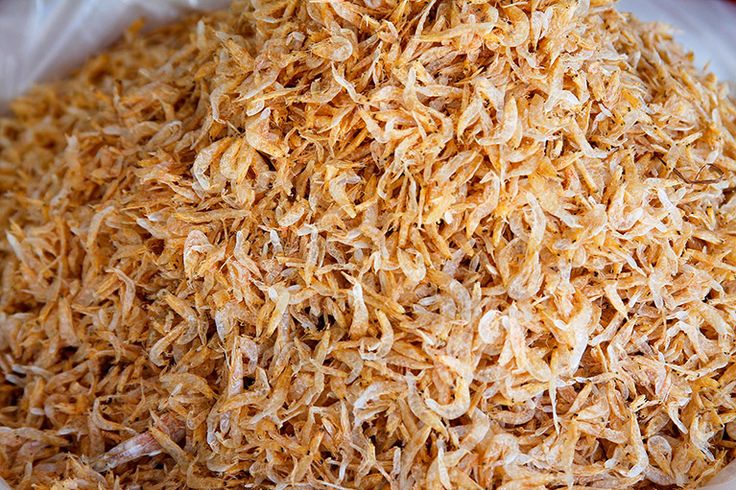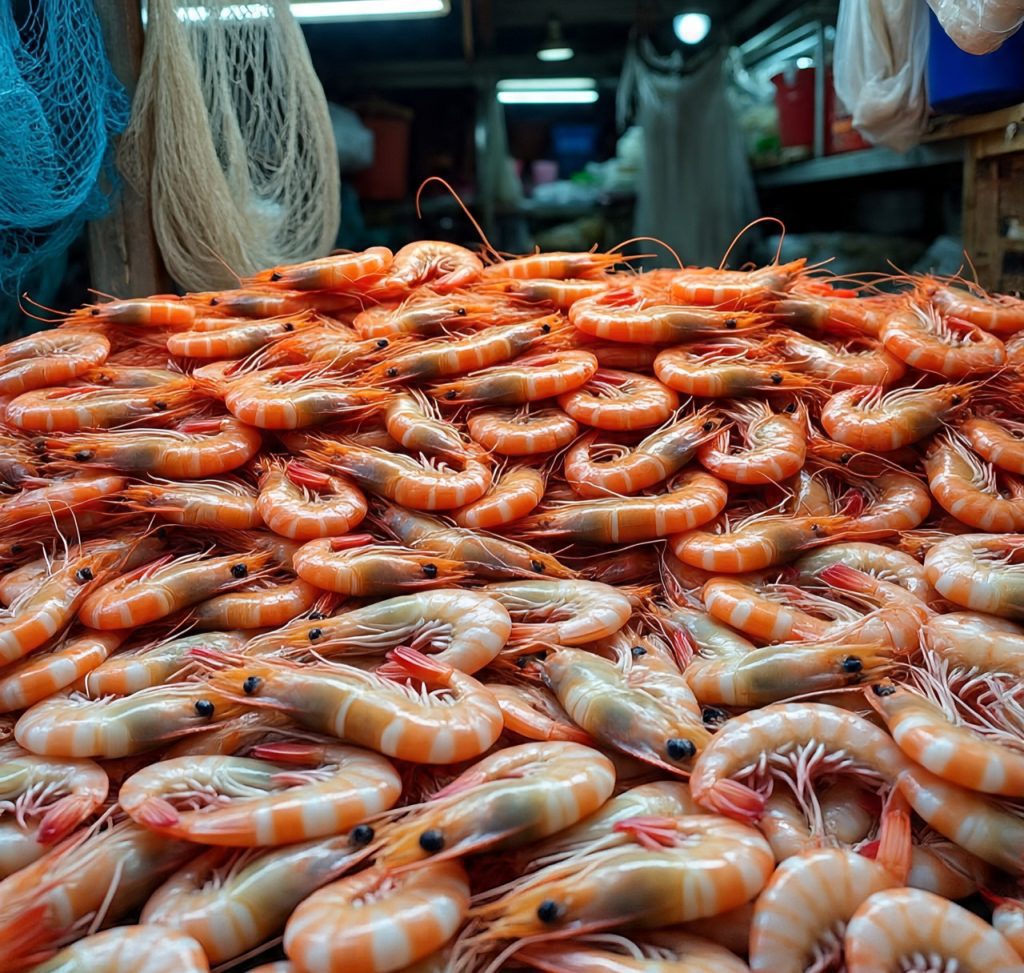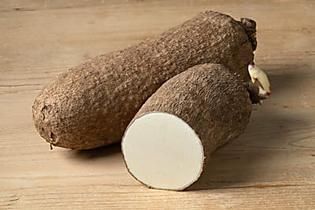What It Is
Egusi, also known as melon seed, is a protein-rich seed commonly used in West African cuisine, especially for making Egusi soup. The seeds are obtained from a special type of melon, Cucumeropsis mannii, which is not typically consumed for its flesh but valued for its oily and nutritious seeds.
What Export of It Is
Egusi is a high-demand food item in the diaspora due to its essential role in traditional meals. Exporting egusi involves cleaning, dehulling, drying, sorting, packaging, and shipping it to international markets — mainly targeting African stores, restaurants, and individual buyers abroad.
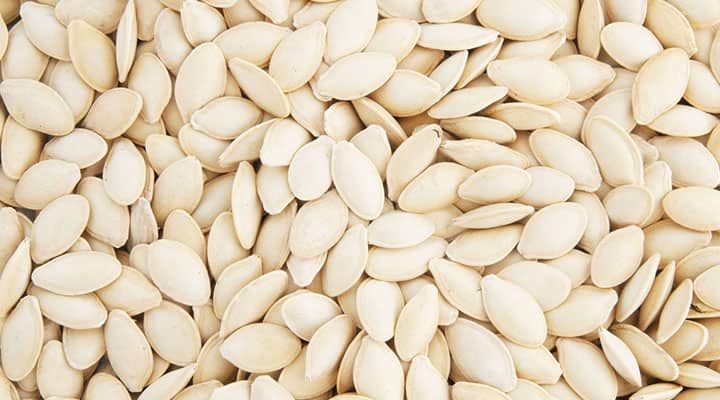
Description
-
Scientific Name: Cucumeropsis mannii or Citrullus colocynthis
-
Product Types:
-
Whole Egusi (with shell or dehulled)
-
Ground Egusi (finely milled, ready-to-use)
-
-
Appearance: Flat, oval, off-white seeds
-
Taste/Use: Nutty flavor; thickens soups and stews
Uses
-
Primary ingredient in Egusi soup
-
Used as a thickener in various local dishes
-
Ingredient in snack production (e.g., egusi crackers)
-
Used for traditional herbal remedies
Local Sources
Egusi is cultivated across many states in Nigeria, notably:
-
Benue
-
Kogi
-
Niger
-
Kwara
-
Nasarawa
-
Plateau
-
Oyo
Target Export Markets
-
United Kingdom (UK)
-
United States (USA)
-
Canada
-
Germany
-
Italy
-
France
-
Netherlands
-
Australia
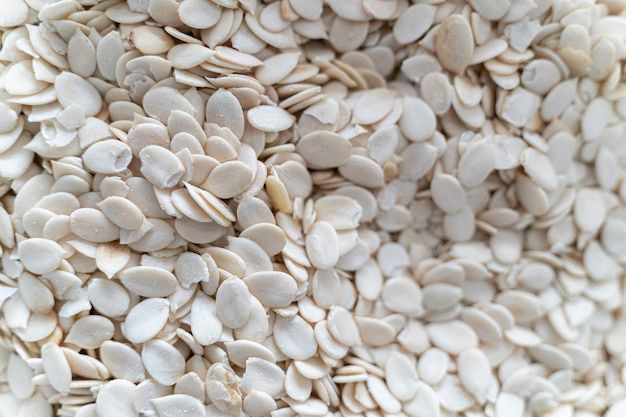
Export Form
-
Whole Egusi (Shelled/Dehulled) – Cleaned and dried
-
Ground Egusi – Packed in moisture-proof bags or jars
Packaging
-
0.5kg, 1kg, 2kg, 5kg vacuum-sealed pouches
-
Food-grade plastic containers or resealable bags
-
Bulk packaging for distributors (25kg or 50kg bags)
Export Considerations
-
Must be properly dried to prevent spoilage
-
Should be free from stones, shells, and mold
-
Requires NAFDAC/SON/Phytosanitary certification
-
Package should comply with international food safety standards
HS Code
-
HS Code: 120799 – Other oil seeds and oleaginous fruits, whether or not broken

